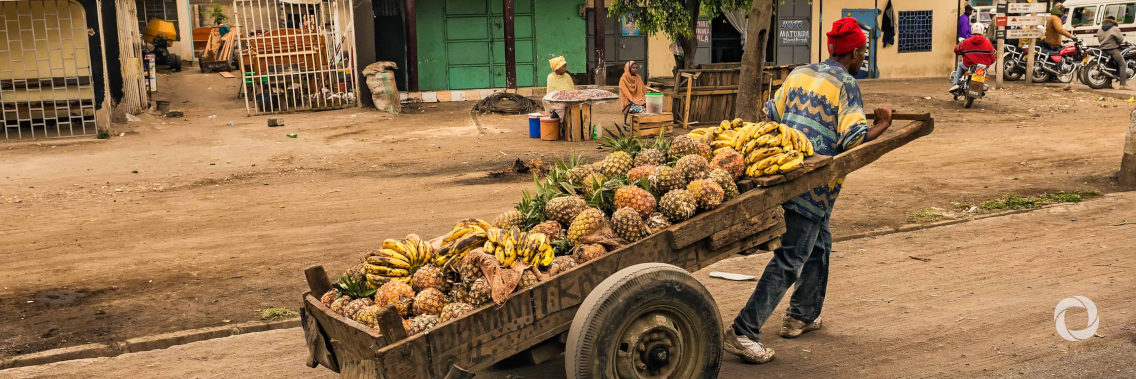The FAO Director-General QU Dongyu participated in the G20’s Agriculture and Water Ministers meeting, hosted virtually by the Kingdom of Saudi Arabia, and presented several priority areas in which FAO can support G20 countries and the international community to strengthen agri-food systems and recover from the impacts of COVID-19.
In his address to the meeting, QU highlighted that measures and joint efforts, taken so far by countries and international organizations, have allowed global food value chains to continue to function well amid the pandemic. He also noted that, according to FAO estimates, the expected global cereal output for 2020 still stands at 2 765 million tonnes, an all-time high, and 58 million tonnes above the 2019 outturn. That owned to enabling policies, innovation (new cultivars, agri-inputs and marketing channels), and investment and hard work by millions of farmers.
Despite the positive current scenario, the Director-General called for countries to continue to be vigilant: “Global food markets are well supplied. However, as the global economy struggles to recover, access to food will be negatively affected by income reductions and loss of jobs. We must ensure that trade continues to flow smoothly to contribute to food security and nutrition globally,” he said, noting that the 2020 edition of FAO’s flagship report The State of Agricultural Commodity Markets, to be launched soon, will support the discussion on how markets and value chains can contribute to food security and growth.
In his intervention, the Director-General also referred to the important contributions of the Agriculture Market Information System (AMIS) to enhance market information food market transparency and thanked the Kingdom of Saudi Arabia for the contribution of $ 1 million to the initiative. AMIS is hosted by FAO and was established in 2011 at the request of the G20 to address the problem of extreme food price volatility.
QU also indicated that FAO’s latest assessment suggested that the pandemic could add up to 132 million people to the ranks of undernourished in the world in 2020 (almost 690 million people were estimated to have been undernourished in 2019). In this context, he called for countries to strengthen efforts to promote responsible investment in agriculture and commended the adoption by the G20 of the Riyadh Statement to Enhance Implementation of Responsible Investment in Agriculture and Food Systems (RIAFS).
Other key issues: water, transboundary pests and diseases, and AMR
The meeting also gave prominence to water. The FAO Director-General concurred with the priority given to the issue since the impacts of climate change are expected to exacerbate the water availability and flooding across regions. He commended the G20`s intention to work on sustainable water management and said that FAO stands ready to contribute, drawing on its accelerator framework on water scarcity and digital data capacity. QU noted that SOFA 2020, to be launched next month, will focus on water and agriculture.
QU also mentioned FAO’s work on antimicrobial resistance.
“The issue of antimicrobial resistance requires ample attention. We should remain committed against the inappropriate use of antimicrobial agents in agriculture and food systems globally. And I would like to thank you for your support to the Tripartite Plus agencies,” the Director-General said, referring to the collaboration between FAO, the World Health Organization (WHO), and the World Organisation for Animal Health (OIE) in taking collective action to minimize the emergence and spread of AMR.
FAO is committed and ready to continue working with our members on agri-food transformation by 4 betters namely better production, better nutrition, a better environment, and a better life for a better world.
Original source: FAO

